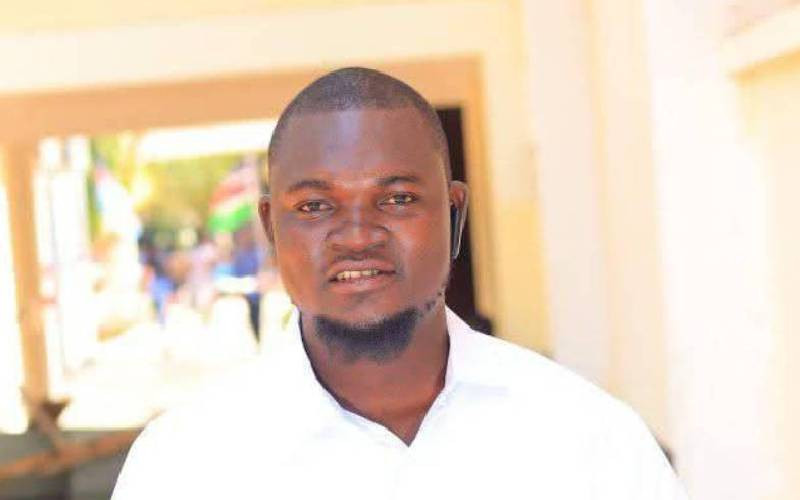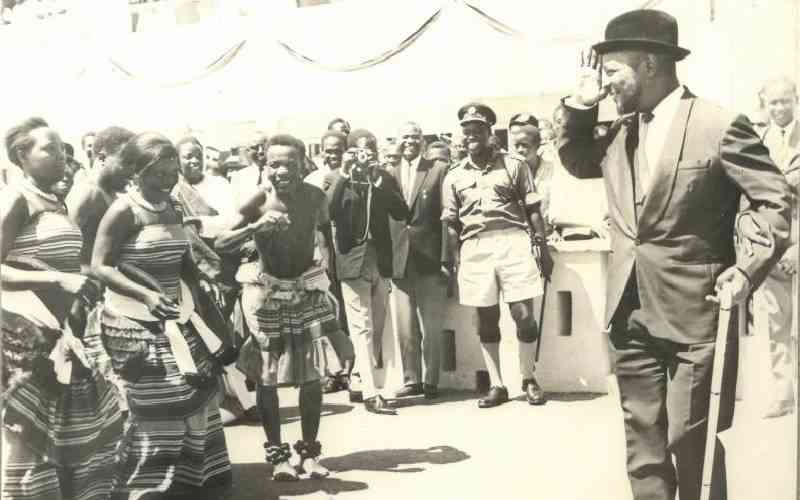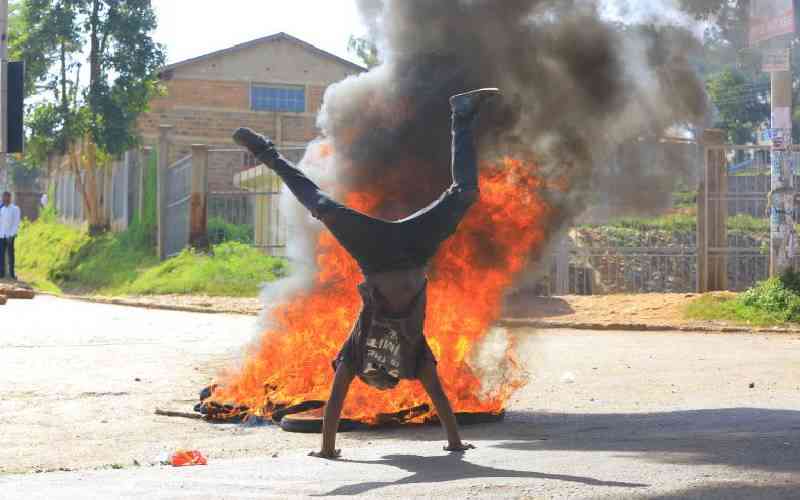
Albert Ojwang has refused to rest. His spirit roams furiously, indomitably. In his speechless and motionless stature, he has monopolised the national airtime. He rightly refused his county-mate, National Treasury Cabinet Secretary John Mbadi, his moment of glory during his inaugural presentation of the national budget in the National Assembly (pun intended). It must be baffling to his killers how his case has defied all attempts to be swept under the impunity carpet.
The Ojwang case has shone a ray of hope in a context that has hitherto been overwhelmed by despair. Extrajudicial killings were increasingly being normalised. Some security personnel have been acting recklessly, buoyed by the entrenched impunity. There is little evidence to show that perpetrators of these heinous acts have been punished. One year later, no justice has been meted out to those who inflicted untold suffering against the Gen Zs following last year’s protests. It is this lack of action that informed the handling of Ojwang.
The hope is largely evidenced by the response surrounding Ojwang’s death. His spirit has proven too strong to succumb to the usual attempt at division and manipulation. Attempts by invested parties to drive a wedge politically and ethnically have flopped. From the outset, sections of the political class appealed for caution, urging the public to “allow institutions to do their work.” Unsurprisingly, these are the sections that appear keen not to rock the Broad-Based Government boat. To them, going hard against the security agencies would unsettle the tenuous and delicate relationship between President William Ruto and the former Prime Minister Raila Odinga. To their utter surprise and dismay, the appeal fell on deaf ears.
In the same vein, an attempt was made to dichotomise the death along the government-opposition political fault line. Condemnations and counter-condemnations by the rival political factions continue to be witnessed. But this, too has failed. It has not mattered who voices their desire for justice for Ojwang; whether allied to the government or the opposition. All voices count. An attempt was also made to ethnicise the death, largely by the same political class. This, too has failed to deliver. So far, the death is holding off against the determined attempt by collusion, sabotage and cover ups.
From the attempt to mislead on the cause of the death to the interference with the CCTV cameras at the Central Police Station, escape routes continue to meet impregnable barriers. The case of Ojwang evinces a unity of purpose fit enough to shake the entrenched impunity out of its debilitating complacency. Religious leaders have used their pulpit to call for justice. His Gen Z counterparts have leveraged their online and offline presence to sniff and call out any mischievous schemes, his counterparts in the teaching profession have not been left behind, civil society organisations, professional organisations, and a section of the diplomatic community have all added their voices.
Nothing is as refreshing and uplifting as the response surrounding the untimely, painful, and undeserved demise of Ojwang. From the demonstrable unity of purpose, it would seem that Kenya is experiencing its own version of USA’s George Floyd moment. Hopefully, Kenyans willl sustain the pressure. Sustained vigilance is the ultimate antidote.



Mr Ogutu is a political commentator